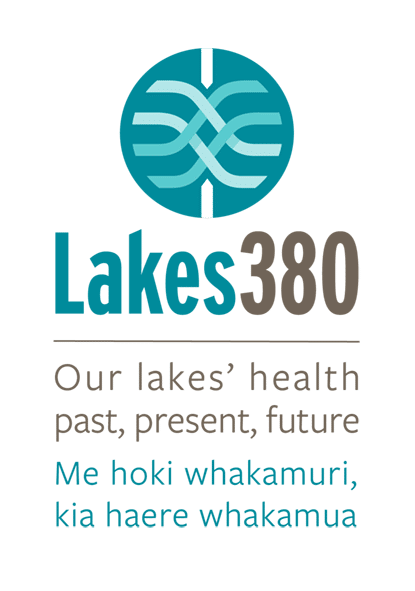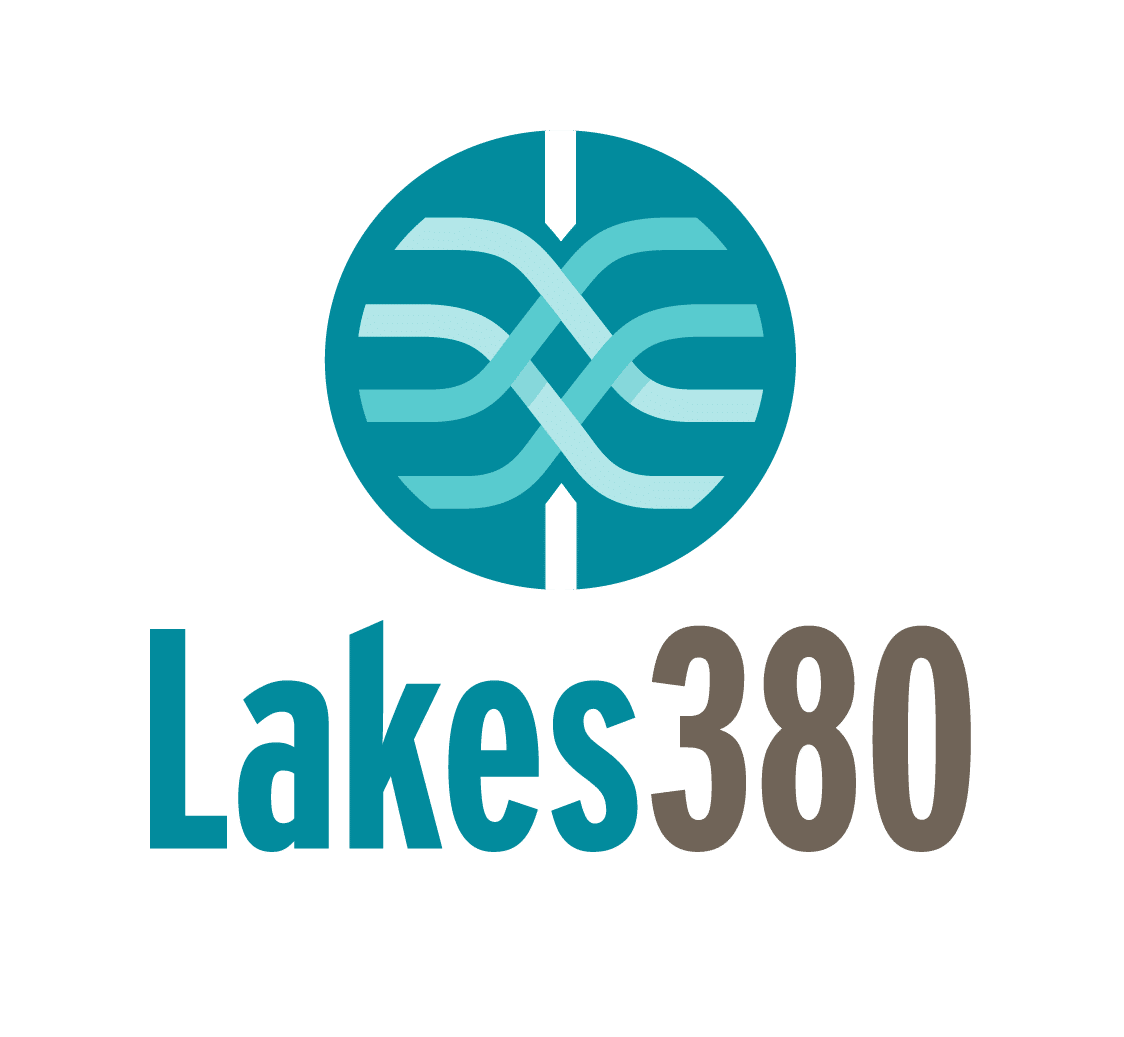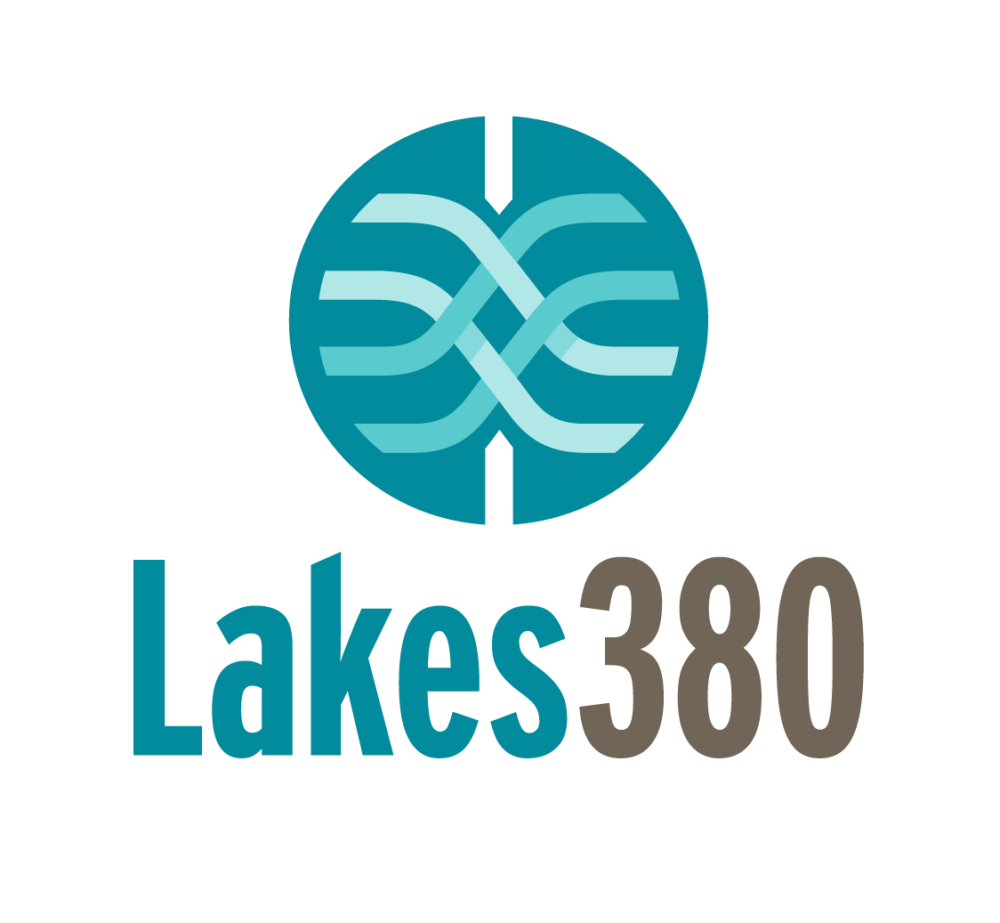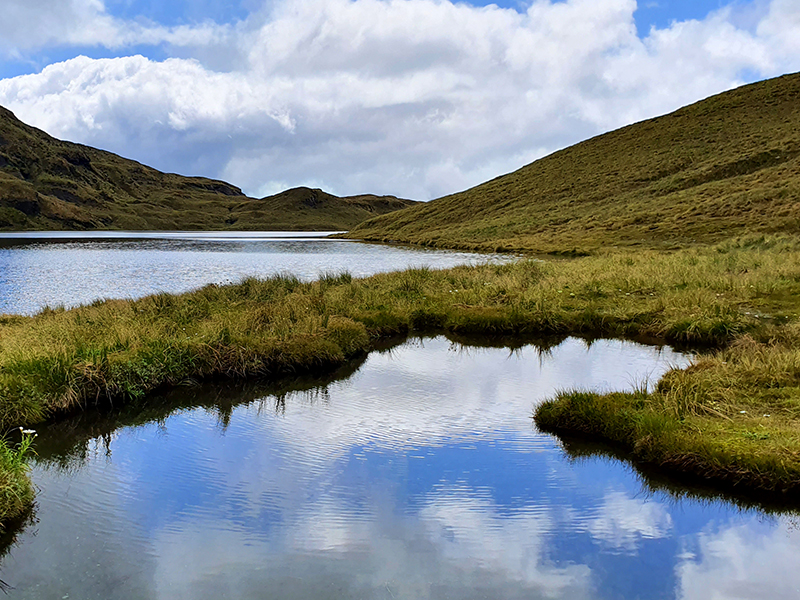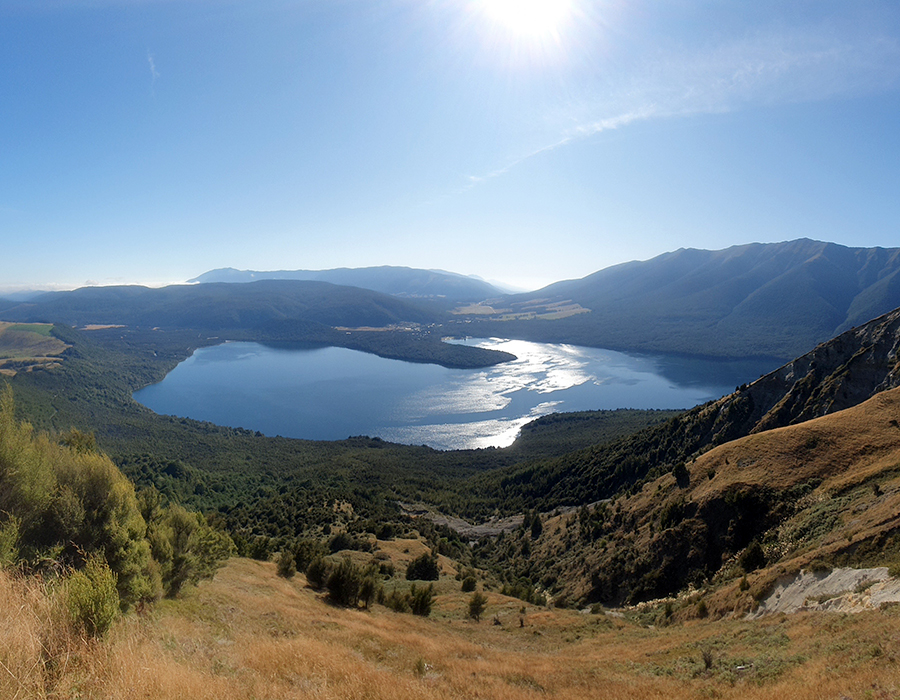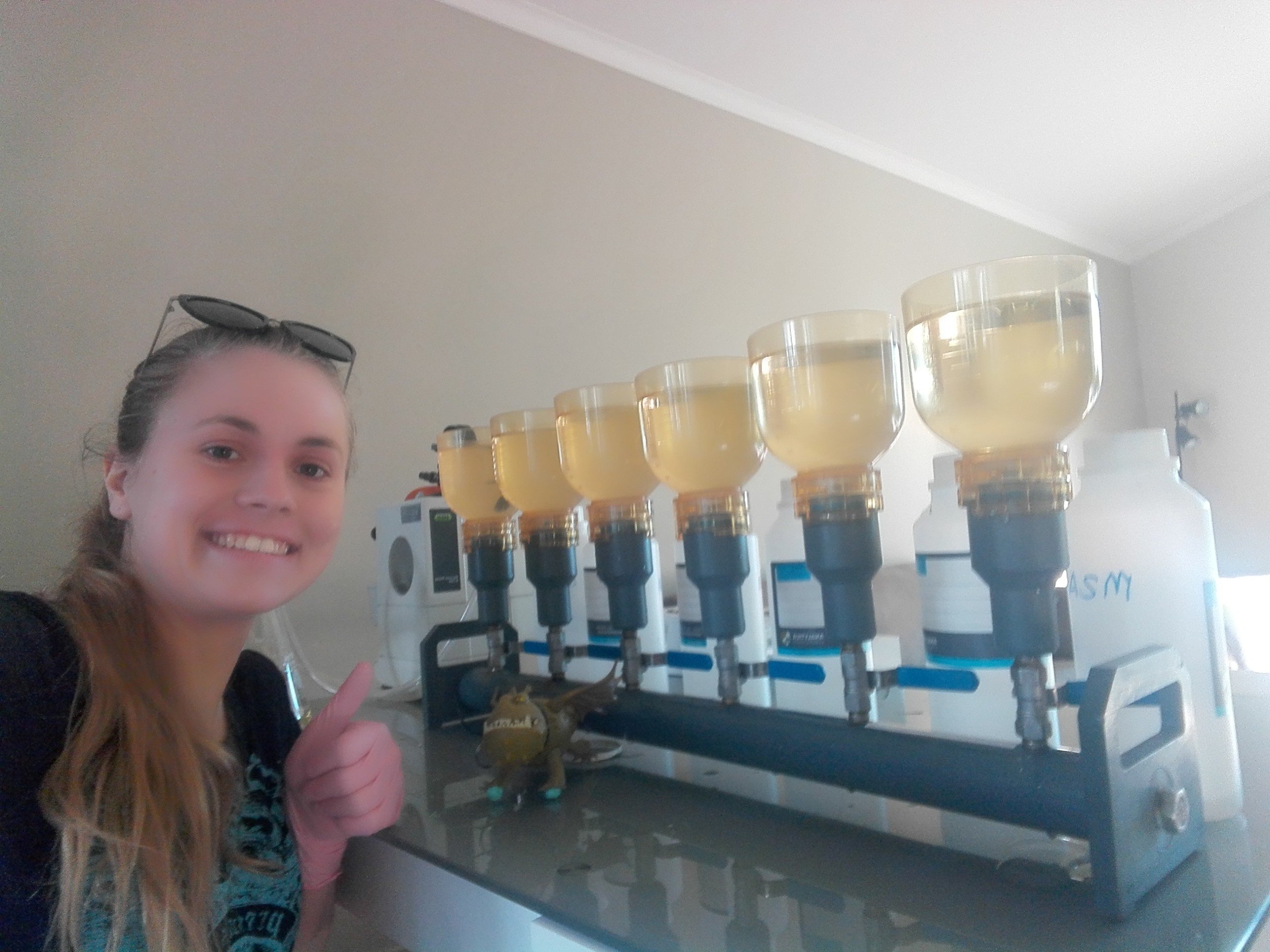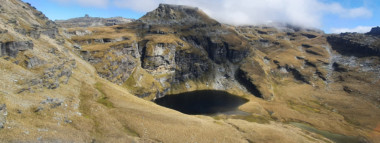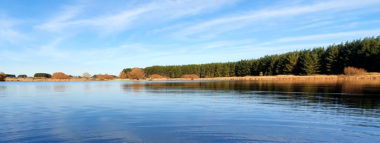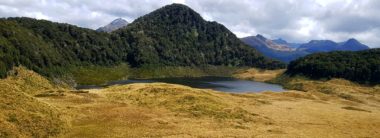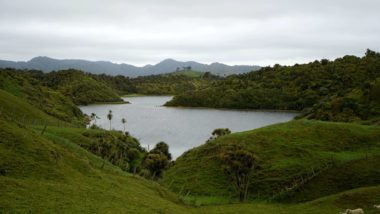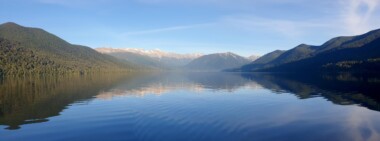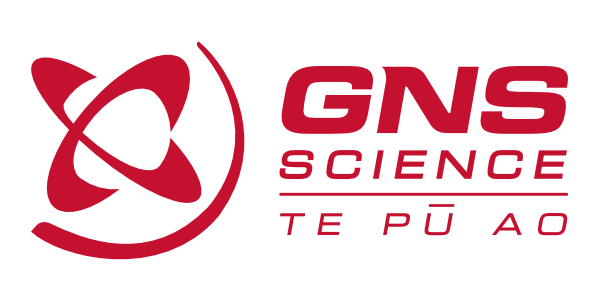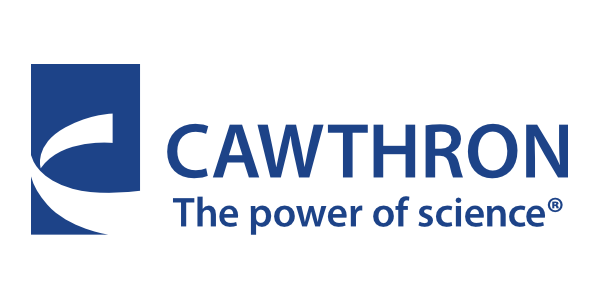Summer Scholarship: Out of sight, out of mind? A geographic analysis of public access to New Zealand’s lakes
Are you, or do you know someone who is, looking at a science career? Cawthron is excited to offer an undergraduate student an opportunity to work at the Institute this summer and be mentored by top Cawthron scientists. The student will receive a $6,000 stipend .
Applications for all scholarships close on 16 August 2020. To apply, or find out more, please visit Cawthron’s careers page.
Project description:
Out of sight, out of mind? A geographic analysis of public access to New Zealand’s lakes
Background: The project includes an analysis of public access to lakes in New Zealand, as part of a larger examination of the role of access in shaping societal attitudes, values, and uses of lake environments.
This student will contribute to knowledge on how the structural conditions of land ownership and reserve creation have shaped New Zealander’s interactions with lake environments by providing an assessment of public access for a sample of New Zealand lakes. Specifically, the student will use Land Information New Zealand’s ‘Outdoor Access Map’ software, together with public access and permissions data gathered by Lakes380, to provide an assessment of public land, roads, walkways, and other easements providing access to the 380 lakes included in the Lakes380 project database. For more about the project, see https://lakes380.com/
Student requirements: Geography credits preferred.
Outputs will include a spreadsheet of public access information on the 380 sample lakes and a report discussing the nature, scale, and geographic distribution of access to lakes in New Zealand. The student will need strong writing and geographic analysis skills, including familiarity with using GIS software to query spatial information and represent results, and the ability to conduct basic quantitative analyses using statistical software such as Excel. Experience with social science methods such as interviewing or surveying would be useful but can be learned on the job.
We look forward to receiving students’ applications!
For more information contact: Kiely McFarlane – Kiely McFarlane [email protected]
